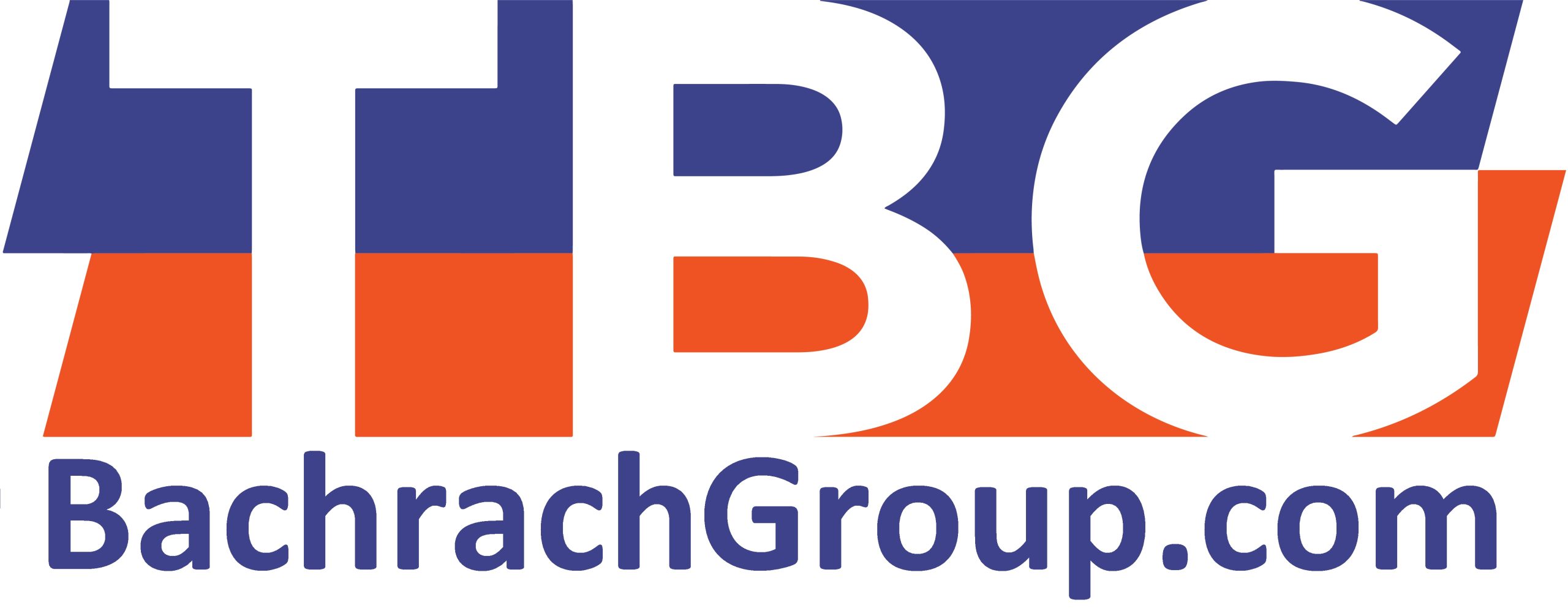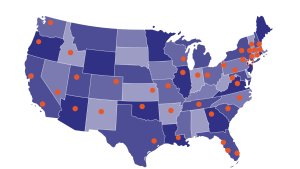You’ve put a resume together, sent it out to a bunch of companies and recruiters, and finally score an interview! Congratulations! It’s one of your target companies that perhaps you have researched on Glassdoor or another employment site, or have friends and former colleagues that work there, and you really hope they like you.
You now need to consider whether the job you applied for is right for you in various areas. Interviewing is a two way street, the hiring manager will determine if you’re the right fit for the job, however, you should be asking questions to determine if you’re going to be happy in the position or with the company. This might be your final company in your career, and you want to work there for many years to come. You already might have questions to ask, which is great, but sometimes those questions will already be answered by HR, your recruiter, or by the hiring manager during the interview process.
At the end of the interview, the hiring manager will ask you, “Do you have any questions for me?” You freeze, not knowing what you can possibly know more about. After a thorough interview you might respond back “Not at this time.” Asking questions will make an impression that you are interested in the position and company. That’s why you need to be prepared with at least four to five questions as a back up. If you don’t ask questions, you run the risk of not standing out from your competition. You also run the risk of not being well informed and if you do start working at the company, you find out that it’s not the right fit after all. All that interviewing might have been for naught.
There are various questions to ask about the position’s history and responsibilities, the department, the company, and what the expectations are.
Over the years that I’ve been working as a recruiter I find that one of the best questions to ask on the interview is, “If I work hard and prove myself to the organization, where might be I be in five years”? What does that one question impress upon the hiring manager? It shows that you’re a hard worker that wants to succeed and that you are also a long-term player in the company.
Other questions you can ask include:
The Position’s History
Asking about why the position is open, whether it’s a newly created role or an existing role, will provide insight into what’s expected of you and the company’s future plans are:
- Why is the position open? How long has the position been opened? Is this a newly created role, or are you looking for a replacement or upgrade in your existing group?
- If this is a newly created role, what is the strategic cause of its creation? Is there more work to be performed because of expansion?
- If this is an existing position, what happened to the last person who held this role?
- What do you like about the current person who has this role? Where do they fall short?
- What skills are you looking for that you’re not currently experiencing with the person in this role?
The Company
You need to make sure that the company is the right fit for you. Now is your chance to have the hiring manager start selling the company to you and why you’re the potential fit. Start by asking the following questions:
- What do you see ahead for your company in the next year? Five years? Ten years?
- What sets your company apart from your biggest competitors? What do you think makes your company unique?
- What do you like about working at this company?
- If publically traded: Can I see your quarterly/year end report?
The Department
Asking about the department will help you figure out how visible your role will be. It might also determine the company culture:
- Where does your department fit within the overall structure of the organization?
- What have been the major successes of your department?
- Where do you feel there is a need of improvement in the department, and how can my position help with that?
- Has anyone been promoted from this group?
- Will I have exposure to upper management?
- Are there any extracurricular activities that take place within the department? Any volunteer opportunities within the community?
Responsibilities
Asking about the responsibilities of the role, even if you already have viewed the job description, will avoid confusion later on:
- What skills do you value most for someone in this role?
- Describe a typical day or week for this position? What is the percentage breakdown of the day-to-day responsibilities?
- How many people will I supervise? What do they do? How do they operate effectively?
- Will I be working on my own, or will there be collaboration with other members on the team?
The Expectations
You will need to determine what your expectations are from the person or people who you are reporting to:
- What’s expected of me in the next few months and a year from now?
- How will I be evaluated? Is there a standardized performance review? When is the review conducted?
After asking these questions, thank the interviewer for their time and express your interest in the position. You can say “I’m very interested in the next steps, I hope you’re interested in me as well.” And follow it up with “What are the next steps?”
All of these questions will help you determine if the position you are interviewing for is the right fit for you. After all, you don’t want to join a company, only to find yourself looking for a new job after a year or even a few months from now. Even though the opportunity you are interviewing for might seem like a good one, asking open ended and probing questions (and getting satisfactory answers) will make you feel confident that this is your dream job. Good luck!

Matthew E. Wallack | Director, Public Accounting and Business Management


